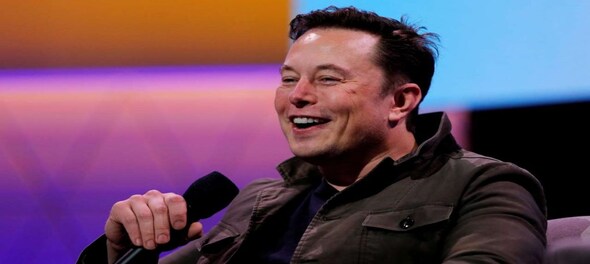
In a Twitter Spaces interview with BBC journalist James Clayton, Elon Musk said that India has “very strict social media laws” and that he would rather comply with laws than have any of his people go to jail.
The reply came from the Twitter owner when Clayton asked him about BBC's documentary on Prime Minister Narendra Modi and related posts that were taken down by Twitter, which Musk said he wasn’t aware of.
Musk said, "I'm not aware about this particular case... India has very strict social media laws."
He also said that if given the option between abiding by the law and spending time in jail, he would choose the former.
"If the choice is between complying with laws or going to jail, I'd rather comply with laws than have any of my people go to jail," he said.
"We cannot go beyond the law of the country," the Twitter CEO stressed.
Musk also said during the interview that there is less misinformation and hate speech on the micro-blogging platform since he took over.
The first part of BBC's two-part series 'India: The Modi Question' about Prime Minister Narendra Modi's early political career was released in January. The country harshly criticised the documentary, which was thereafter outlawed.
Following the documentary ban, several links to the film were taken down by Twitter and YouTube after they complied with the Indian government's request.
The documentary was denounced by the Ministry of Foreign Affairs as a "propaganda piece" that lacked objectivity and displayed a colonial mindset.
Several connections to the video were taken down by Twitter and YouTube after the documentary was banned. The businesses complied with the government of India's request.
According to The Guardian, “The documentary obtained access to a previously unseen and confidential UK government report produced after the riots that found Modi responsible for the violence and described the riots as having the ‘hallmarks of ethnic cleansing’. The documentary also featured a damning interview with Jack Straw, UK foreign secretary at the time.”
A petition requesting for the BBC's operations in India to be prohibited was also submitted to the supreme court, but that request was dismissed.
Check out our in-depth Market Coverage, Business News & get real-time Stock Market Updates on CNBC-TV18. Also, Watch our channels CNBC-TV18, CNBC Awaaz and CNBC Bajar Live on-the-go!


Stampede-like situation disrupts Rahul Gandhi, Akhilesh Yadav's joint rally in Uttar Pradesh
May 19, 2024 4:26 PM
Ladakh Lok Sabha election: With Independent candidate's entry, it's now a 3-way contest for BJP and Congress
May 19, 2024 4:01 PM

